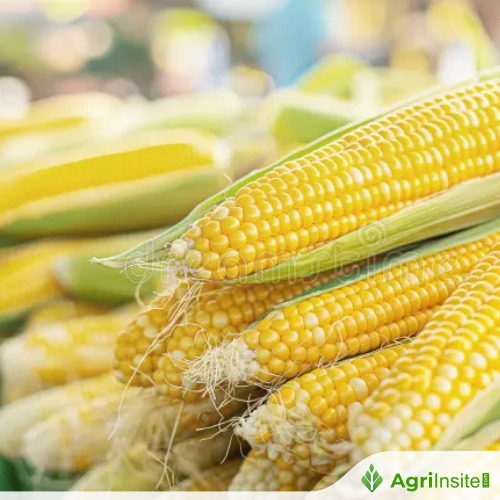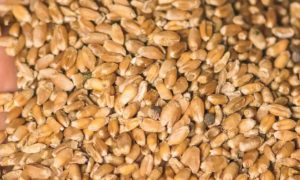India Rejects Myanmar’s Proposal to Include Moong and Maize in Trade Agreement

India has rejected Myanmar’s request to include moong and maize in their trade MoU, citing adequate domestic supply. The current agreement continues with quotas for urad and tur until FY 2025-26. Despite growing bilateral trade, India aims to protect farmers while maintaining cooperation, with urad and tur imports remaining under free-import policy.
India has declined Myanmar’s request to expand their existing trade memorandum of understanding (MoU) to include moong and maize, citing sufficient domestic production of these commodities. This decision comes amidst ongoing bilateral trade discussions and highlights India’s stance on protecting its agricultural interests.
Key Points of the Trade Discussion
- A Myanmar ministerial delegation met with Indian officials to discuss expanding the current MoU.
- The existing agreement allows for annual import quotas from Myanmar:
- 2.5 LMT of Urad
- 1.0 LMT of Tur
- These quotas are in place through FY 2025-26.
- Actual imports have consistently exceeded the set quotas.
Current Trade Policies
- India maintains free import policies for Tur and Urad, extended until March 2026.
- This policy has contributed to the growth of Myanmar’s exports to India.
Bilateral Trade Overview
| Aspect | Details |
|---|---|
| Total Trade (FY 2024-25) | $2.10 billion |
| India’s Imports | $1,533.00 million |
| India’s Exports | $614.00 million |
| Trade Growth | Increased from $1.29 billion in FY 2020-21 |
| India’s Rank | 4th largest trading partner of Myanmar |
Key Exports and Imports
| India’s Exports to Myanmar | Myanmar’s Exports to India |
|---|---|
| Pharmaceuticals | Pulses |
| Cereals | Wood products |
| Machinery | Agricultural goods |
| Cotton |
The rejection of Myanmar’s proposal to include moong and maize in the trade agreement underscores India’s commitment to maintaining self-sufficiency in these agricultural commodities. While the bilateral trade between the two nations continues to grow, with India being Myanmar’s fourth-largest trading partner, the decision reflects a careful balance between fostering international trade relationships and protecting domestic agricultural interests.
This development is significant in the context of India’s broader agricultural and trade policies, as it demonstrates the country’s strategic approach to managing imports of essential food commodities while still maintaining strong trade ties with neighboring nations.
To Read more about Maize News continue reading Agriinsite.com
Source : Scanx















